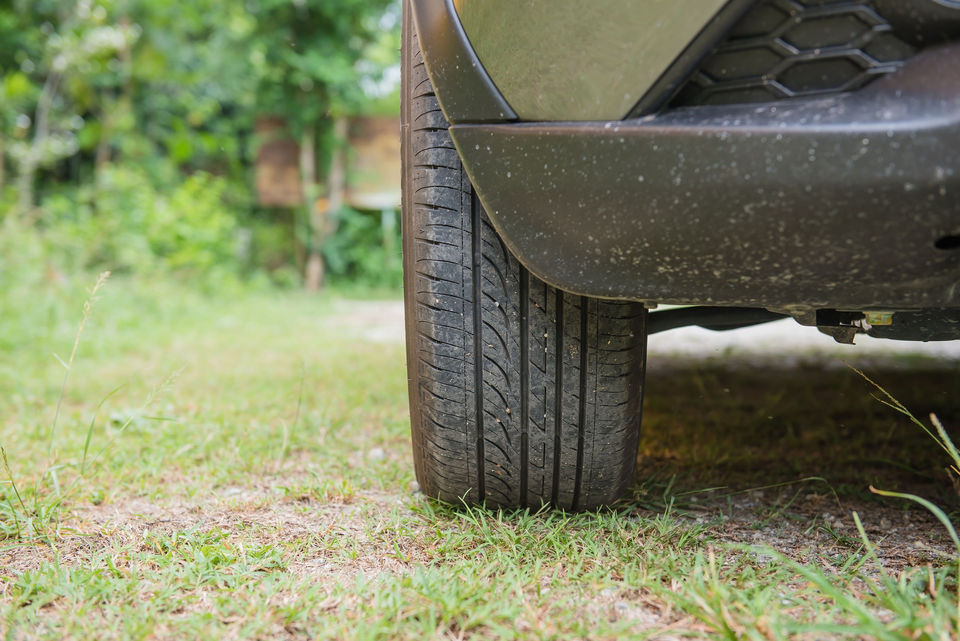
Do Tyres Perish If Not Used? How Long Do They Last?
Do you have tyres that have been sitting unused for a long time? Are you curious about whether they deteriorate if they gather dust for too long?
It’s an important question - tyres are a crucial aspect of road safety, and their condition matters more than you might think.
So, how long can you really store tyres before they reach the end of their life?
Do Tyres Perish If Not Used?
The simple answer is yes; tyres can indeed perish if they are not used.
This phenomenon occurs due to the nature of the rubber in tyres, which degrades over time, even when the tyres are not subjected to the wear and tear of driving.
Factors That Contribute To Tyre Perishing
Oxygen
Oxygen is the primary culprit behind tyre perishing. It reacts with the rubber compound, causing it to become harder and less flexible over time.
Heat
Heat can also accelerate the tyre perishing process. Therefore, it’s crucial to store your tyres in a cool place, away from direct sunlight or any other heat sources.
Ozone
Ozone, a gas present in the atmosphere, is another silent assailant when it comes to tyre perishing. It reacts with the rubber, further deteriorating its quality.
How Long Do Tyres Last If Not Used?
The lifespan of unused tyres varies depending on several factors, such as storage conditions, the type of tyre, and the tyre’s age.
Generally, if you store your tyres properly, they can last anywhere from 6 to 10 years. However, this doesn’t mean they won’t need attention.
If your tyres are over 5 years old, they should be regularly inspected for signs of perishing, even if they haven’t been used during that time.
This is because the rubber in tyres can start to deteriorate after the 5-year mark, even when they are stored correctly.
Conclusion
Tyre perishing signs include cracks in the sidewall, a dry and brittle appearance, and reduced flexibility. If you notice any of these signs, it’s time to replace your rubber.
Remember, proper storage and regular inspections are key to ensuring the safety and longevity of your vehicle’s tyres.

Louis
I'm Louis, an engineer passionate about helping Australians choose better tyres for their vehicles!
